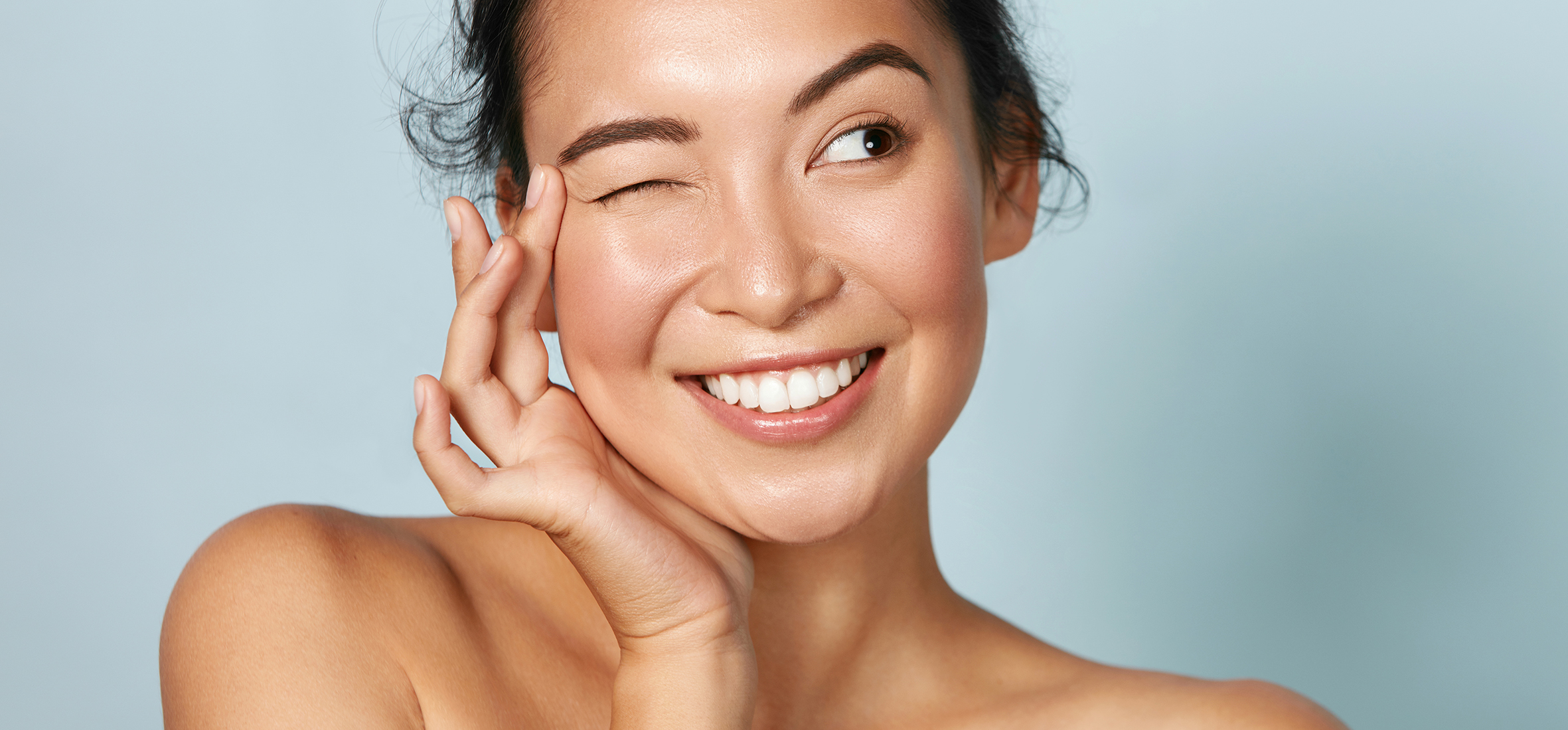Acne, rosacea and sensitive skin – new scientific study reveals what a late bedtime really does to our complexion
Now more than ever we are appreciating the importance of sleep. Critical to functions such as brain aptitude, hormonal health and our immune system, recent research has now proven that age-old adage of “beauty sleep” is indeed true when it comes to our skin.
According to the study, regularly going to bed late damages both the skin’s barrier and structure and also reduces the diversity of its microbiome. As the microbiome is crucial to the health of the skin barrier and the skin barrier is in turn crucial to the overall health of our skin, it’s important to try and catch those zzz’s.
Dr Lauren Hamilton says that a diverse microbiome is key to preventing conditions such as acne and rosacea

“Essentially, your microbiome prevents organisms such as fungi, viruses and infections penetrating your skin and causing issues such as infection and inflammation”, explains Dr Lauren. “Known as ‘residential organisms’ they vary based on where they best thrive; be it within the fatty debris around the sebaceous follicles, or within the moist environment of the scalp. Should they become unbalanced balance then problems can arise and issues such as acne, rosacea and dry areas can impact the skin.”
Not getting enough sleep? Here’s how to counteract the damage
Don’t strip your skin: Using harsh products on your skin is the ultimate no no when it comes to looking after your microbiome – you should look to support but not strip. “Carefully select products that are right for your skin type and steer away from ingredients that are drying such as alcohol,” advises Dr Lauren. “It’s also important not to over-cleanse, or to use water that’s too hot on your face,” she continues, “as this can cause disruption, especially in the cold winter months.
If your skin starts to feel tight or dry, ceramides are ideal as the help to protect and regenerate. Plus, they also support the skin barrier and hold on to moisture.”
Don’t stress your skin: “Using products that include active ingredients (Vitamin A or acid-based products for example) can also do more harm than good unless you let your skin acclimatise first, says Dr Lauren. “Slowly build up your use when introducing new ingredients or formulations into your routine to allow your microbiome to adapt.
Exposure to UV radiation can also damage this delicate balance and over the long term, can impair the function of the skin barrier. If you notice signs that your skin is becoming stressed, try antioxidants such as Vitamin C which ideal when it comes to supporting your skins protective functions as well as protecting against future damage.”
Dr Lauren Hamilton is a cosmetic doctor and founder of Shoreditch skin and wellness clinic, Victor & Garth.





